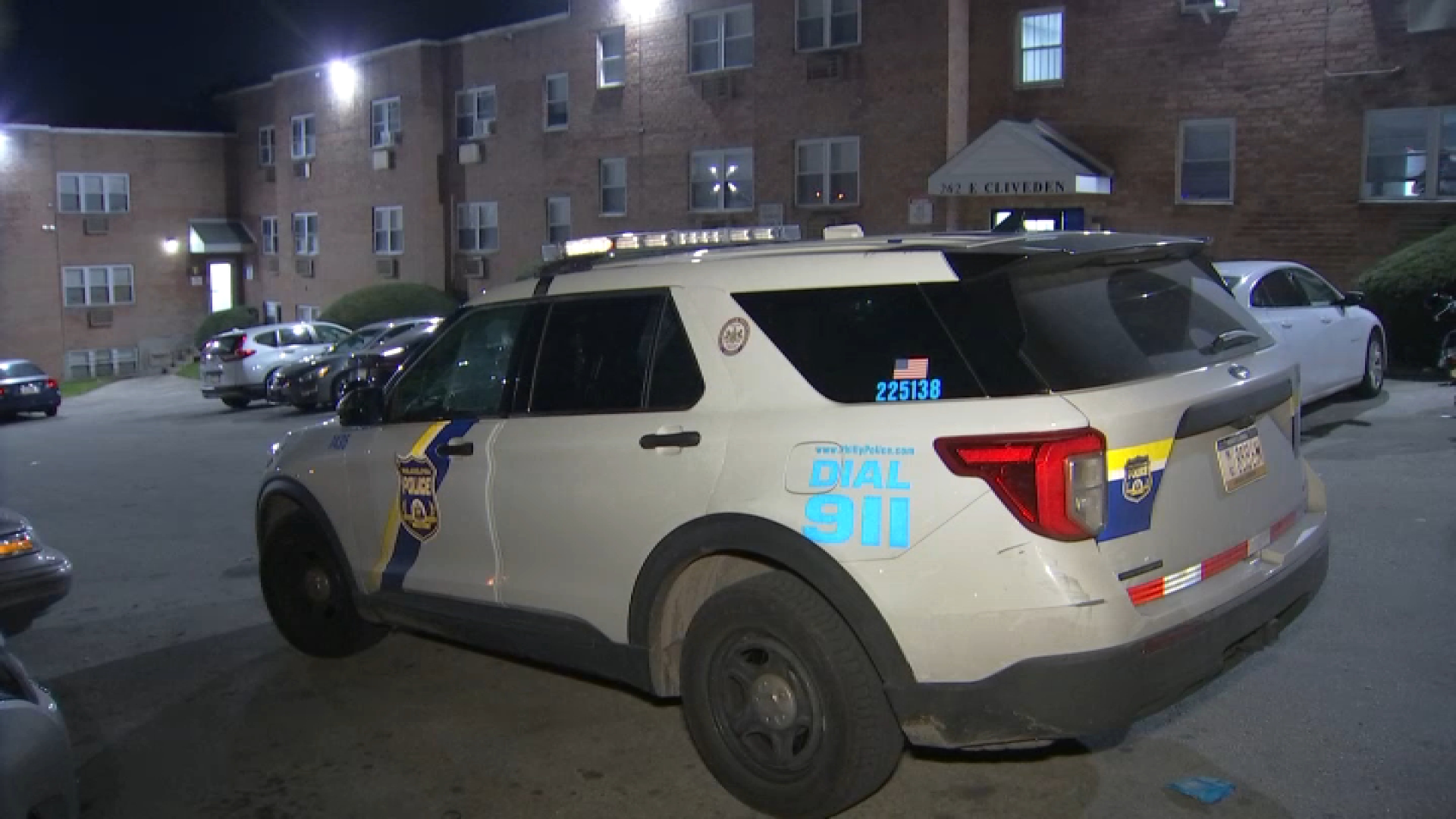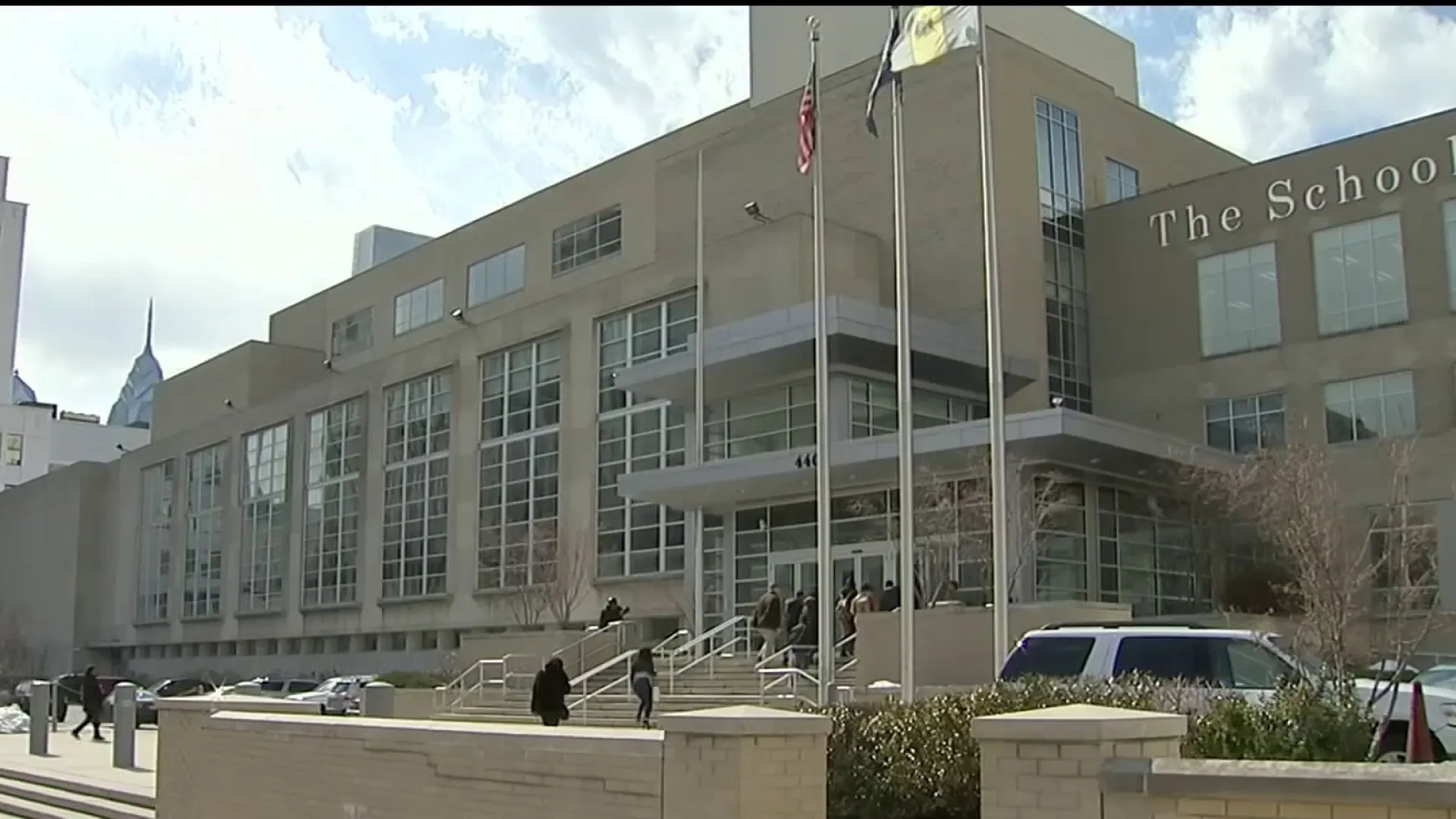If you want to amend New Jersey's open public records laws you've got to go behind closed doors to do it.
And even then, it might not be enough.
Legislation to update New Jersey's open public records and meetings acts requiring — among other measures — towns and cities to share information from council subcommittees failed to advance in a state Senate committee last week.
Those changes, lawmakers say, might have allowed the public to view the deliberations of the subcommittees whose work frequently results in ordinances passing, contracts being handed out or other work that now is not explicitly covered under the state's open records law. Though full councils must vote on subcommittee recommendations, the nitty gritty of work is usually done well beforehand, out of public view, open government advocates say.
Lawmakers said the bill failed because the influential League of Municipalities, which advocates for New Jersey's nearly 600 local governments, opposed the legislation despite winning several compromises during behind-the-scenes negotiating.
"The League of Municipalities has been a bad partner," Majority Leader Loretta Weinberg said. "There are no real sticking points other than those that they made up. I maintained for the last two months there is no way they will support this bill because they're covered."
Lori Buckelew, a senior legislative analyst with the league, says the group wanted the Legislature more fully included under the state's open record's laws
Local
Breaking news and the stories that matter to your neighborhood.
Buckelew also said the league objected to the inclusion under the new legislation of local government's subcommittees, which she argued do not expend public money nor do they make final policy decisions. She also said the league opposed a provision that would require municipalities who lose a legal fight over a public records request to pay for the requestor's attorney fees.
"We feel were good partners in this process all along," she said. "We sat down and we negotiated. ... We appreciate the amendments (Senator Weinberg) has made because there has been significant amendments to the bills."
The legislation, meant to open up the state's public agencies, was nonetheless negotiated behind the scenes.
Weinberg said the kind of behind-the-scenes discussions that surrounded this legislation is common.
"They take place often and all over the place," she said. "They sometimes take place in the hallway. The importance of those negotiations is to try to get the best possible piece of legislation put forth before the public."
Republican state Sen. Joseph Pennacchio, who co-sponsored the bill, disagreed that the talks happened behind closed doors and said he and other lawmakers have been open to criticism. He pointed out a public committee hearing that took place earlier this month where many of the league's concerns came to light.
Budget Committee Chairman Paul Sarlo says no one opposes the intent of the open records legislation, but building support for the overhaul will take time. The measure was not formally voted on so there was no on-the-record opposition from any lawmakers.
"Sen. Weinberg's heart is the right place. Her motives are in the right place and we're gonna get there," he said. "It's just there's so much going and it's going to take some time. I know she's worked on it for the last six months to a year. It may take a little bit longer."
Pennacchio said he was disappointed the bill did not advance and lawmakers are trying to overcome a "knee-jerk" reaction from the league and other groups that balk at expanding the open records legislation.
The bill looks unlikely to advance in the near term, though Pennacchio says he will introduce it in the next legislative session if it fails to advance before the current term ends in January.



